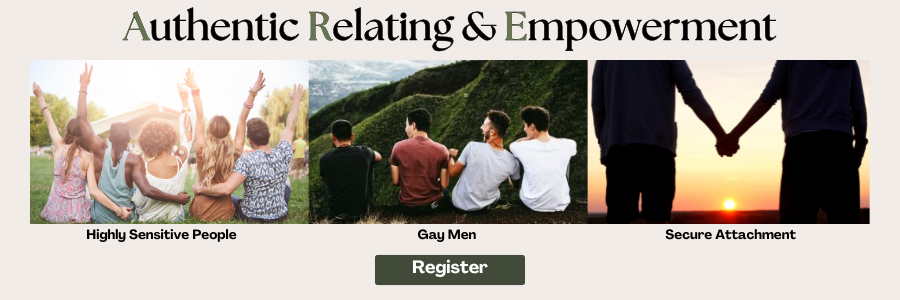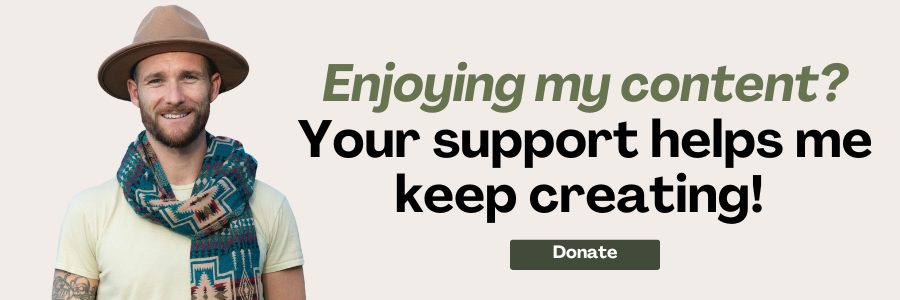Are you someone who holds back and dims your light because you are afraid of what others think of you?
I was always that person who struggled to show up as myself because I was afraid of what others would think of me. I finally got to a place in my life where I care much less about what others think of me and have learned to prioritize what I think of myself.
Notice how I did not say, “I don’t care what people think of me.” I said I care less because this is much more realistic and isn’t charged with denial. I think it is ignorant and unrealistic to think as humans we will ever get to a place where we don’t care at all what others think of us. We are biologically hardwired for this because we desire love, belonging, acceptance, and community, all of which require us to take others into consideration.
In order to stop dimming your light and being overly concerned about what people think about you, it is important to start showing up just as you are without a façade or persona to hide behind. It is about reconnecting with the person you are when no one is around, the person you are when you feel the best about yourself without judgment.
So how do we do this? Well, there are 8 billion paths to doing this because everyone is unique and has their own baggage as to why they are afraid of people’s judgments. But in my experience, it starts with unlearning the programming that we inherited, which tells us that it’s not okay to be who we are. Let’s explore this in more detail and look at 6 ways we can begin to heal and find more empowerment around our own self-expression.
Here are 6 ways you can heal and empower yourself to care less about what people think of you:

1. Stop judging others
We often think the world views us through the same lens we view the world. When we cast judgment, we tend to feel that people are judging us as well. To be honest, they probably are because we are energetic beings, and we can feel when someone is being a hater, and we attract into our experience exactly as we are.
Practice unconditional acceptance for others even if you don’t agree with them because, guess what, you don’t have to live their life they do.
When you stop judging the people around you, you will soften and perceive the world as less judgmental of you. This is the space we can occupy where we feel more empowered because we are not longer disempowering people with our own judgments.

2. Let go of people and beliefs that aren’t serving you anymore
Take inventory of people and ways of thinking that are no longer serving you. Learn to let go of these people and things that are holding you back from being exactly who you need to be.
We end up becoming a product of our environment, so if there are things that you are doing or people that you are surrounding yourself with that have become habitual, but they are no longer serving your greatest good, then they must go.
Don’t be afraid to let go of something that isn’t serving you out of fear that there is nothing better out there for you. Trust me, there is always something better that comes along when you energetically make room for it.

3. Heal toxic shame
Shame is the voice inside our heads that says “you are not good enough” or if you can get past that mind fuck then it’s “who do you think you are”. Shame, when applied to our sense of self, is one of the most toxic emotions a human being can experience. It is one that can disturb the development of our authentic self and take us out of who we are meant to be out of fear that we are not worthy of being amazing and sharing that with the world.
Shame destroys our self-worth and prevents us from loving ourselves. There is only one way to overcome shame, and it is directly through it. We cannot repress it because it thrives in secrecy and silence. We must step into the fire and learn that we are much stronger than our shame or the story we are telling ourselves that we are not good enough.
Dancing in this fire and facing it head-on teaches us courage. We can then move into healing shame by sharing it with others in safe places where we can practice empathy and compassion for ourselves and others. Unconditional self-love is the only cure for shame, and this type of love comes from within ourselves and within our connection with others who are also practicing self-compassion.
To learn more about healing shame, you can check out this 6-week course: Healing Your Shame

4. Practice self-forgiveness
A lack of forgiveness for yourself is usually a major barrier to self-love. You must learn to forgive yourself for betraying yourself by not being yourself.
The type of forgiveness I speak of here isn’t about “someone did me wrong.” It’s more about “I did me wrong” because you didn’t know any better. You betrayed yourself by abandoning yourself. We do this by wearing masks based on what version of us we think others need us to be so we can feel accepted and approved of.
We are all guilty of this because we all want to be accepted and feel a sense of belonging to something greater than ourselves.
Brene Brown says it best: “The opposite of belonging is fitting in. True belonging doesn’t require you to change who you are; it requires you to be who you are”
Have you been trying to fit in or belong?

5. Connect with your inner child and be more playful
Somewhere along the line, we collectively, as a society, said that we must domesticate one another into adulthood, and as we get older, our sense of play and exploration needs to diminish. We conform to unrealistic and stifling beliefs about maturation. We lose our sense of playfulness and begin to take ourselves and life too seriously. It is NOT immature or adolescent to want to engage with the playful and exploratory part of who you are.
Through this domestication, we may have learned to disconnect from this playful part of our being and end up rejecting our inner child because we feel we have to conform to societal norms of what it means to “grow up” and be responsible adults.
We are so imbalanced in this aspect of our lives because we work so much, we hustle for everything we have, and we don’t know how to let our spirit be free through play and exploration. It is in our DNA to want to play and have fun, and we need to honour our inner children and allow them to play and explore so we can feel fulfillment and joy in our lives.
Start by engaging with the inner child and allowing him/her to speak up and be a part of your day in the way that they desire, not how you desire for them. This might mean you have to act in ways that your adult self might want to judge and say, “What will people think of me if…”
Oftentimes, as adults, we struggle with feelings of shame or embarrassment if we are goofy, silly, playful, or “immature”. Other people send shame signals to us through judgments to try and control our behaviour because their inner child is mad that they don’t get to play, so why should you?
This shame is so toxic and is only going to keep us stuck as a society in cycles of stress and unhappiness. Why does it matter what someone thinks of your behaviour? If your inner child wants to be silly and goofy, then let him/her, and if someone has a problem with it, just know that it’s their inner child being envious of your inner child getting to express themselves and the other person is unconsciously projecting their own desires of how they wish they could be onto you. They are shackled by their domestication handcuffs and are pissed that you found the keys and took yours off. In other words, they envy your courage to connect with yourself in a way that they haven’t learned yet.
Once you break free of these shackles you will notice how powerful connecting with your inner child will help you deal with life’s stressors and allow you to use play and exploration to manage or even eliminate your stress.
To learn some effective strategies to reconnect with your inner child, you can watch this video: Reconnecting with your inner child

6. Practice self-acceptance
Many of us are great at practicing self-animosity, self-critique, self-loathing, and self-deprecation. We are good at seeing what we don’t love about ourselves and we lose focus on things that we do – they become overshadowed. If we don’t have a practice of self-acceptance then we are always in a deficit of love for ourselves.
The key is to start by offering yourself gratitude for the things you so accept and appreciate about yourself. Then, from a place of self-compassion, we can begin to explore where, along the way, we learned not to accept certain aspects of ourselves.
This is a play on unlearning the programming you likely inherited about the world and then choosing to change it. You may not have had much of a choice growing up to choose what you believed about the world around you because most of us are impressionable and naïve. However, you now have the power to take responsibility for your programming, choose to stop buying into it, and reform it into programming that gives you space to be who you are.
To learn how to practice more self-acceptance, you can watch this video: How to develop more self-acceptance (7 powerful strategies)
Learning to stop dimming your light and caring so much about what people think about you is just as much about shifting beyond your self-limited beliefs and unlearning the stories you have been telling yourself about what it means to be you. Identify what stories you are telling yourself and start telling yourself new stories that empower you to share who you authentically are with the world. We don’t get to move ahead without honouring where we were and currently are.
Sending you lots of love and light on your journey to living your most authentic self.
Lift your cheekbones,
Matt




